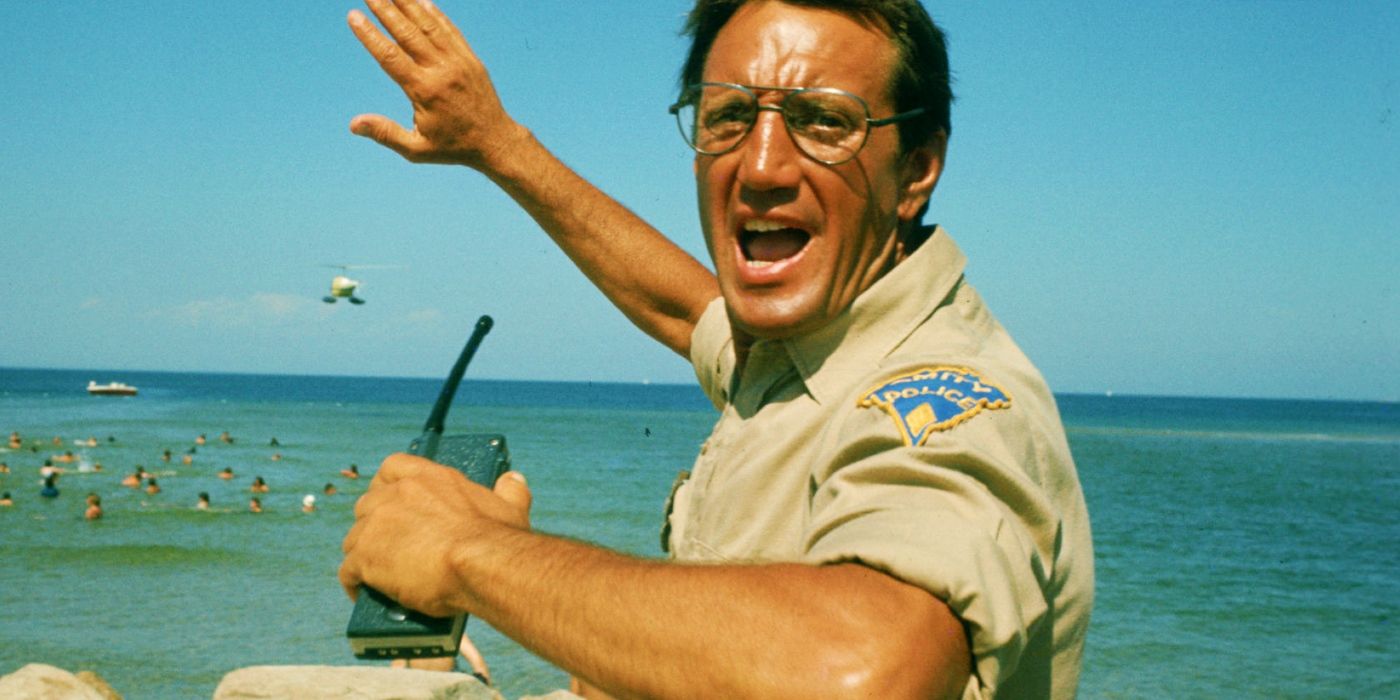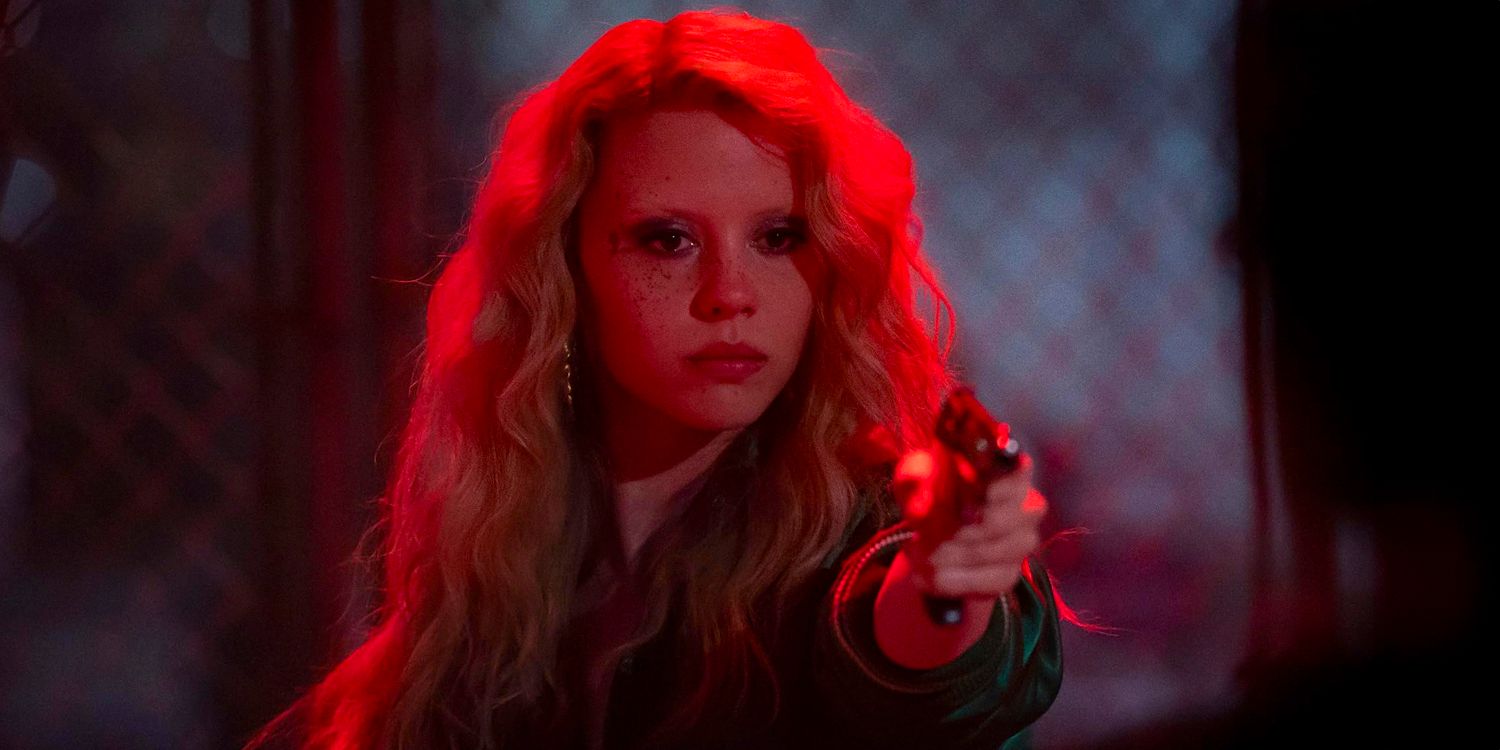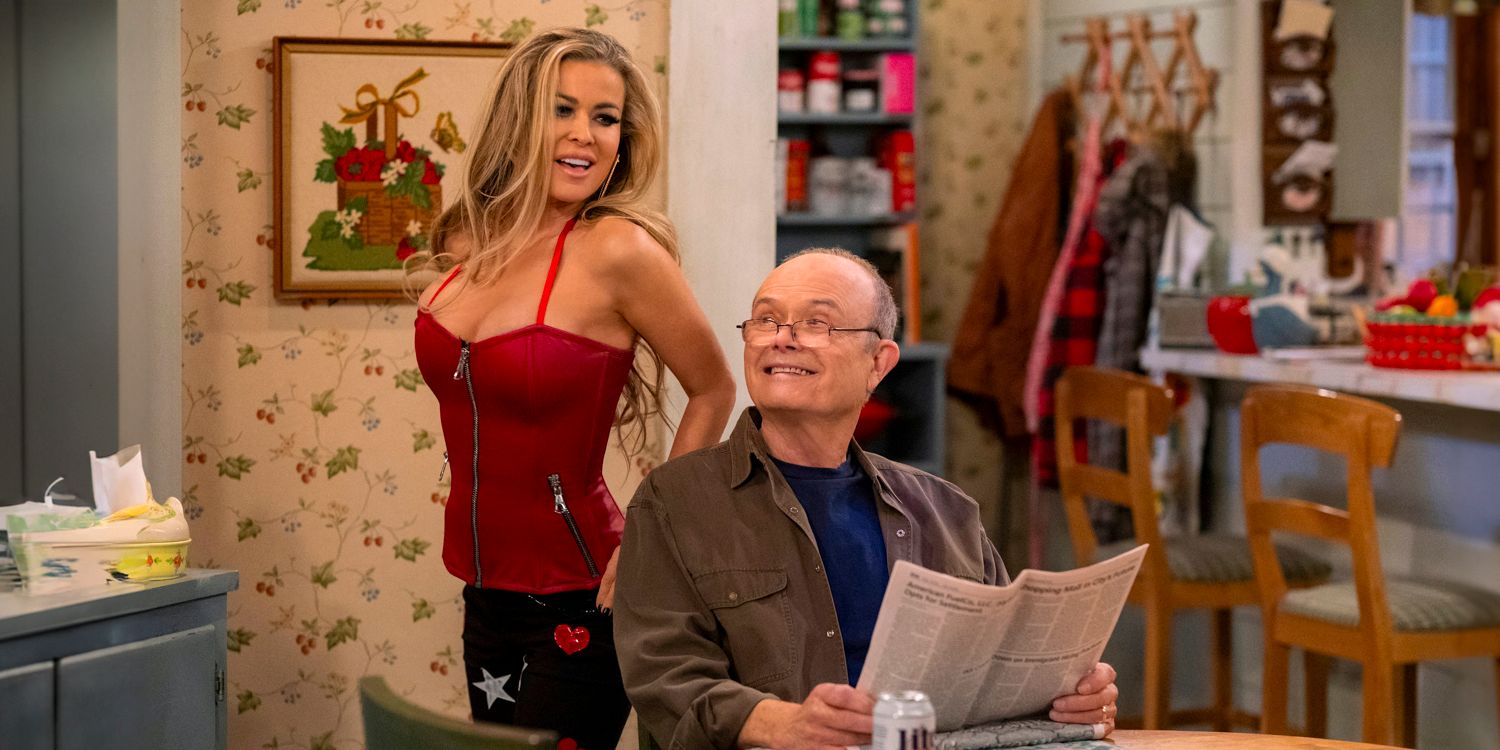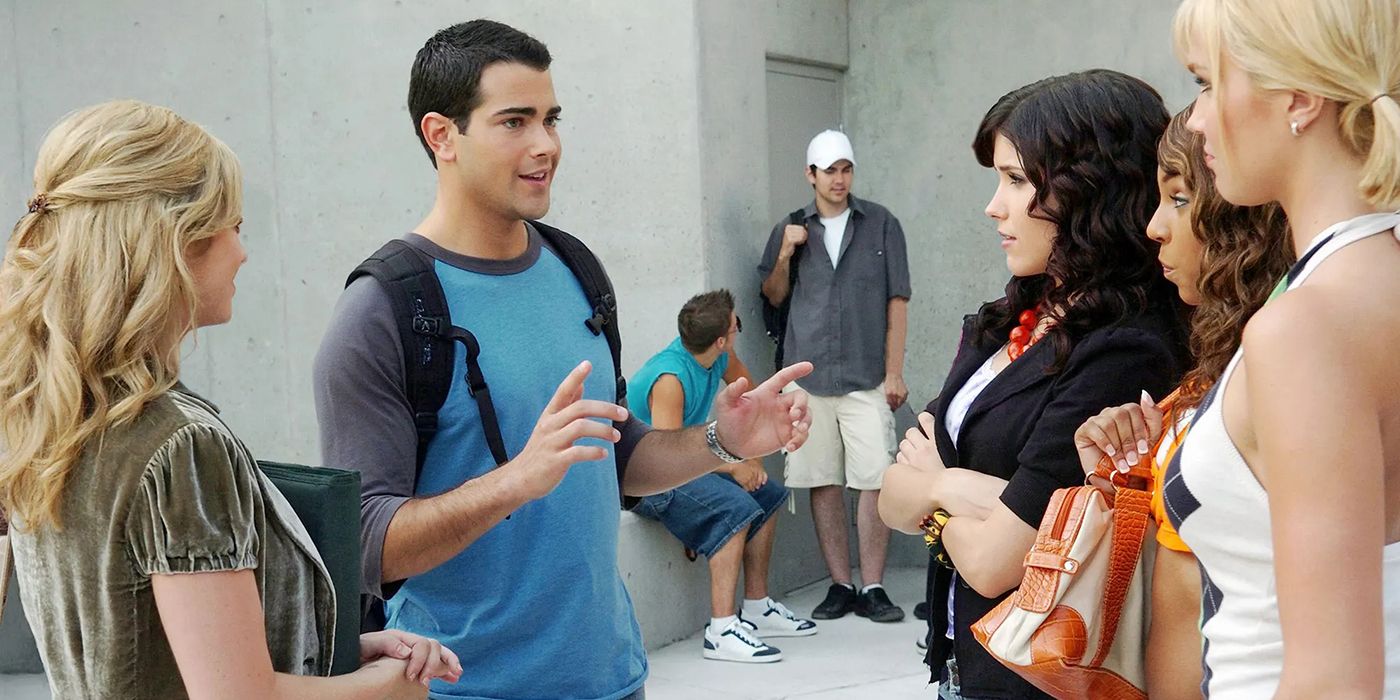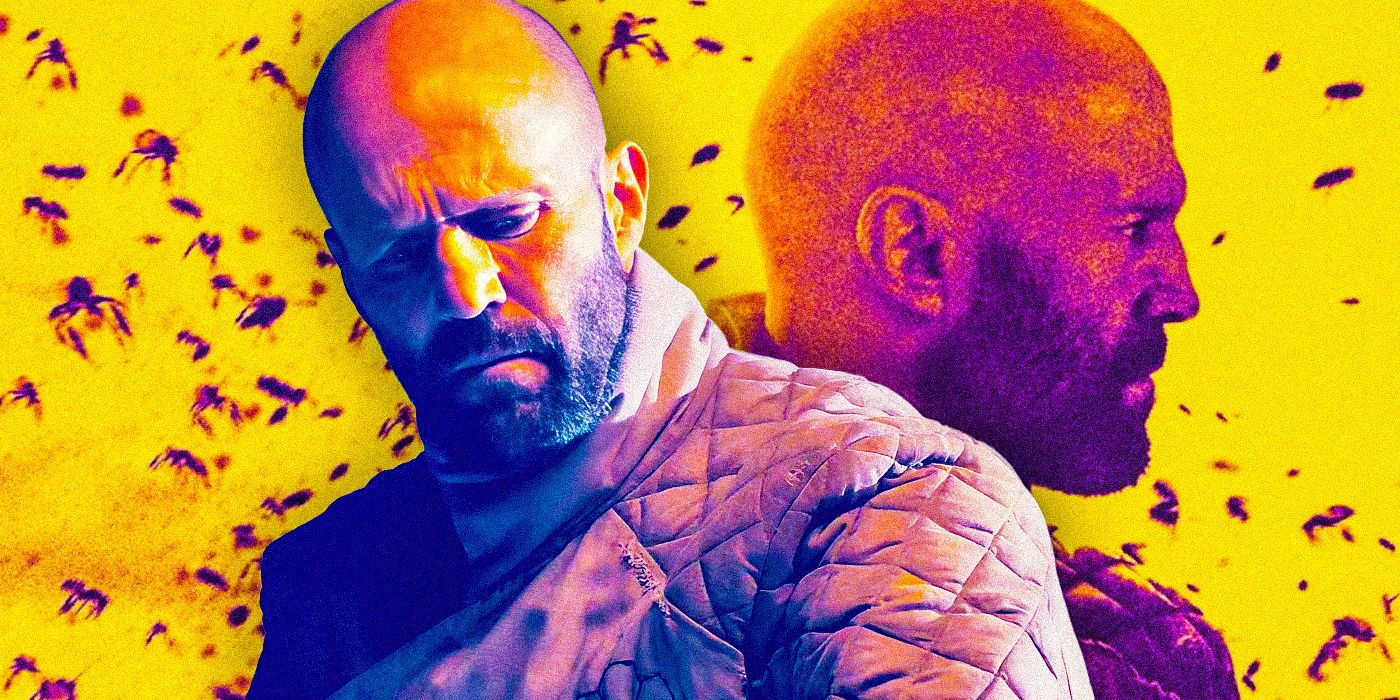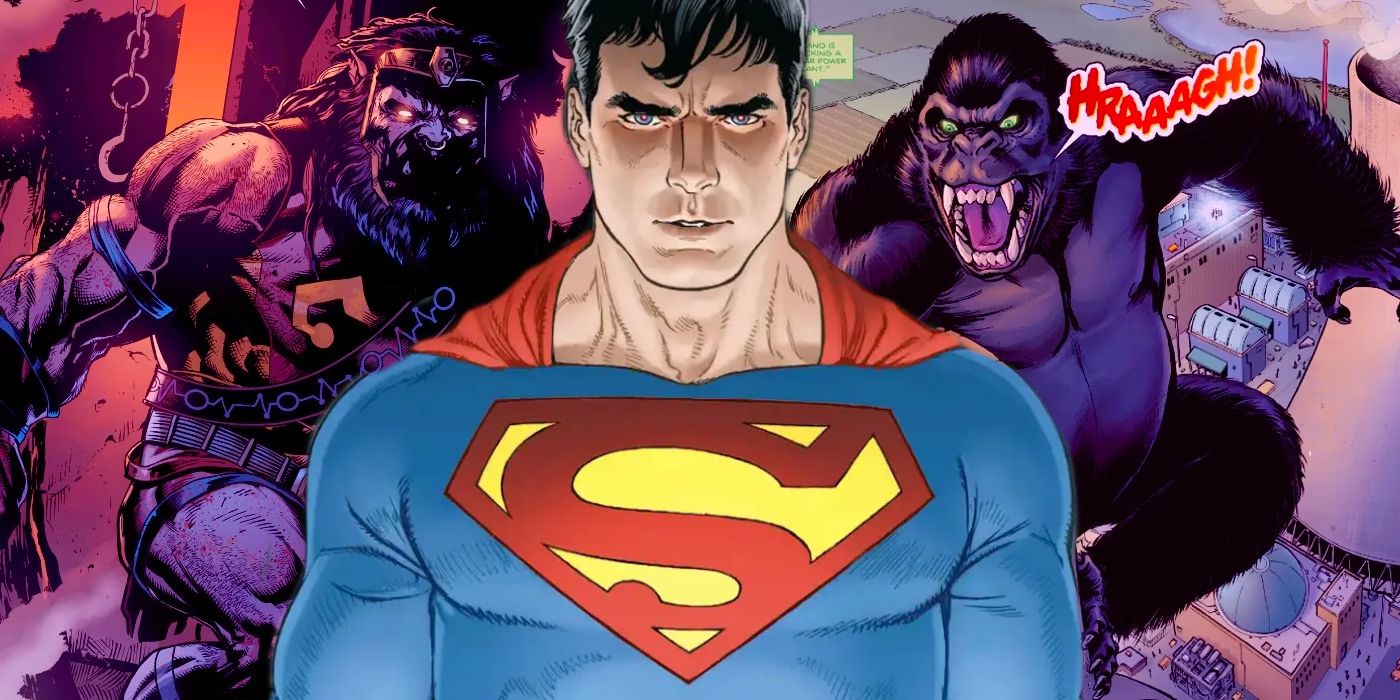Concrete Utopia is an intense thriller that keeps you on the edge of your seat. The concept is simple, but it’s executed brilliantly as writer-director Tae-Hwa Eom has a complete understanding of the subject matter. The film centers on what people would do if society collapsed. Though we’ve seen these movies time and again, Concrete Utopia finds the nuances that bring a sense of necessity to its story. That being said, some of the line delivery can be excessive, but it’s never without purpose and the cast is impeccable overall. In particular, Lee Byung-hun (Squid Game) gives it his all and is easily the standout performance. The setting calls for a large amount of green screen and, at times, it’s distracting, but the cast and crew make the most out of the production so that Concrete Utopia succeeds where it counts most.
When a natural disaster hits South Korea, the lone apartment complex that did not fall becomes home to many refugees. The residents do not mind them staying and, due to the death toll, there are dozens of empty apartments for the refugees to move into and co-habitate with the people who already live there. After a few days, there is a vote on what to do about the refugees and whether they should be allowed to live in the complex. The votes are in, and a delegate is appointed in the form of Yeong-tak. There is a unanimous decision to kick out the refugees by any means necessary. The eviction process is bloody but no one is killed. As time goes on, the apartment residents become obsessed with the idea of keeping outsiders out and doing whatever it takes to secure resources for themselves.
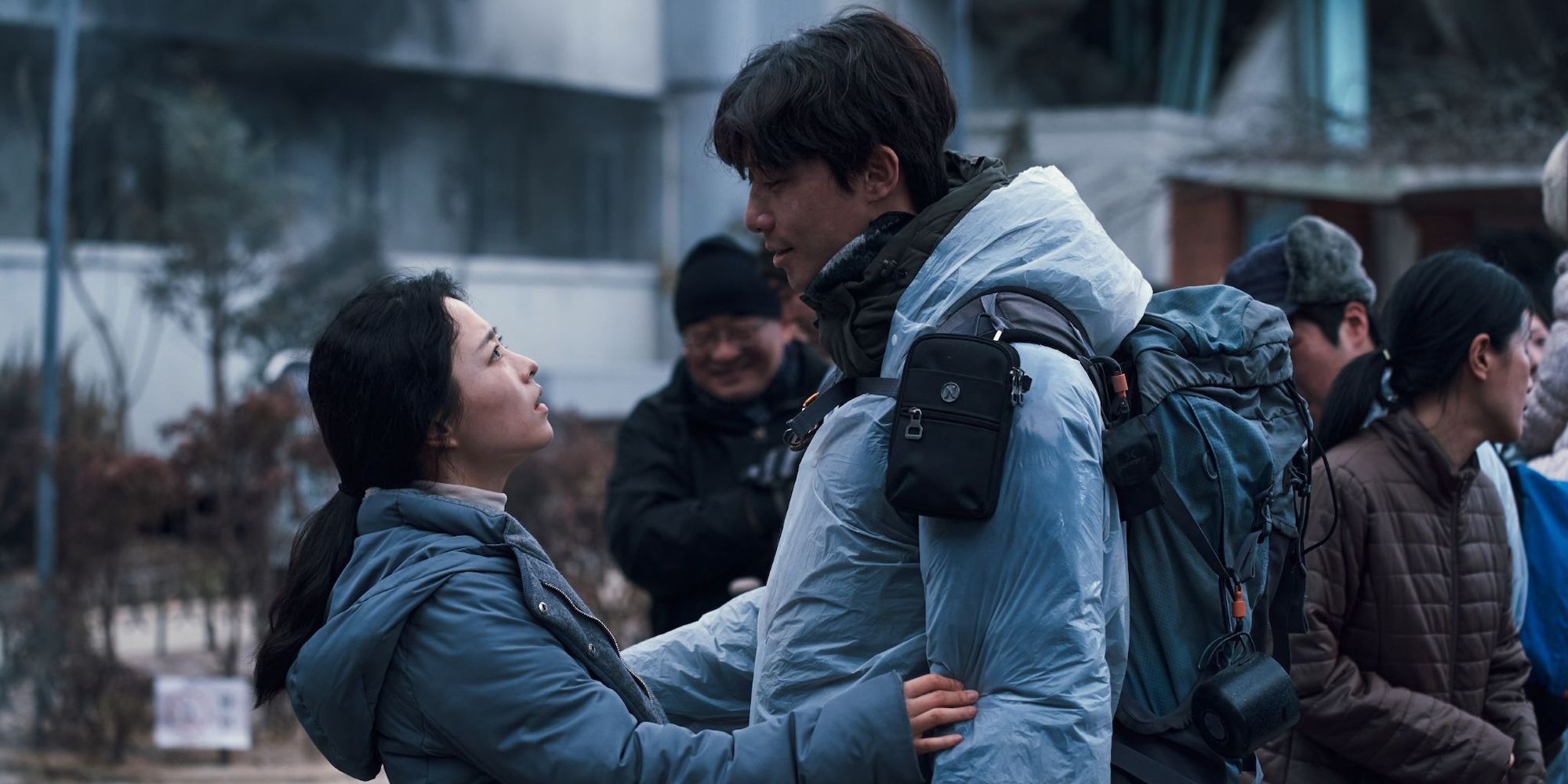
The main theme in Concrete Utopia is survival of the fittest. The character dynamics and themes of class are present in a way that shows Eom is a student of Bong Joon-ho and Alfred Hitchcock. The result is a hyper-neurotic meditation on the human condition disguised as a post-apocalyptic thriller. The script starts out focusing on a young couple, the empathetic Myung-hwa (Park Bo-young) and her husband, Ming-sung (Park Seo-joon), who is reluctant at first but eventually becomes a part of the mass evictions. Their rapport is the scope in which we see the two sides of the argument the film is proposing. However, as the story moves into the second act, Byung-hun wrestles control of the story away from them and takes us on the journey of what happened before the fall of mankind. Adding that third layer of perspective makes it clear that, in the real world, it wouldn’t be so simple. Concrete Utopia asks us, what is good, what is bad, and what is right?
Byung-hun has the most to do in terms of character development and carries that burden with ease. Though he is not the main character at first, he quickly becomes the character you want to spend the most time with. And with that comes a subtle transition. At first, he is aloof, and it is played for laughs — when he is called upon, the music is goofy and so is he. But by the end of the film, he is wide-eyed and locked into every moment. Bo-young (The Silenced) is the film’s conscience and her tepid nature in the first two acts lulls you into a false sense of docility. As the film crescendos, it’s clear she is the only person who can discern what is going on. Bo-young puts on a riveting and layered performance that lifts the entire film.
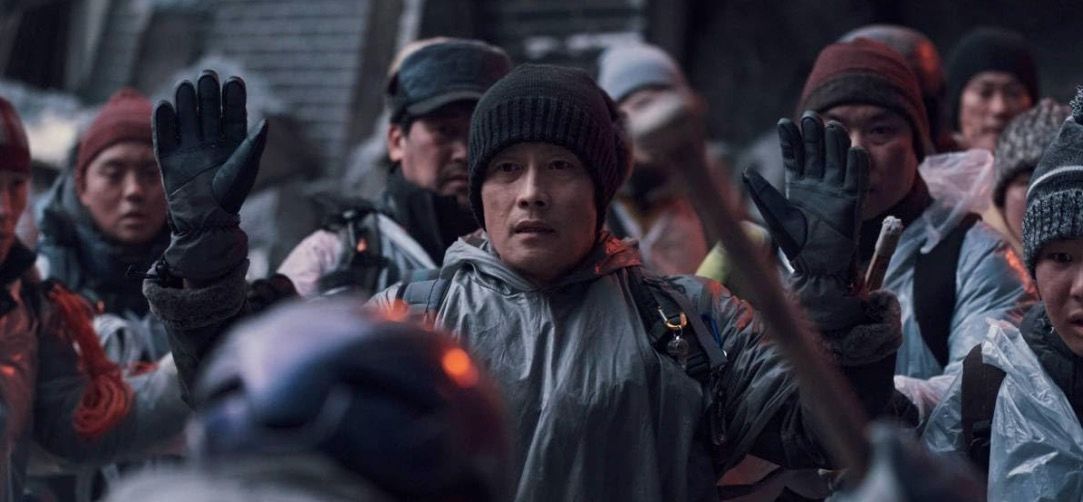
Concrete Utopia is one of the best thrillers of the year. It takes no prisoners and is confident in its decision to do so. The cast is full to the brim with all walks of life. Thematically, the film works in every way, and though it can be over the top at times, it would be strange if characters didn’t react as such after a life-altering event. Eom has made an excellent film that will surely endure the test of time.
